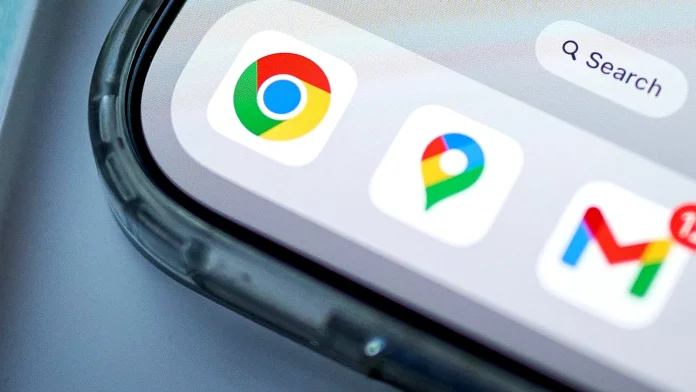November24, 2024: In a landmark antitrust push, US Department of Justice (DOJ) lawyers have urged a federal judge to order Google to sell its Chrome browser, aiming to curb the company’s dominant market influence. This proposed breakup, if approved, could have far-reaching implications for the tech giant and its rivals.
A Major Challenge for Google
The DOJ’s recommendation was submitted to US District Court Judge Amit Mehta, who will decide next year on measures to address Google’s alleged monopoly in online search.
Dan Ives, an analyst at Wedbush Securities, described the potential divestiture as a “huge gut punch” for Google. The company relies heavily on its ecosystem—offering free search services while generating revenue from targeted ads and commerce features. Selling Chrome could disrupt this model by depriving Google of vital user data that supports its advertising, Maps, and other services.
Launched in 2008, Chrome now commands the lion’s share of the browser market, eclipsing competitors like Microsoft’s Edge and Apple’s Safari. Despite the potential loss, advertising professor Beth Egan from Syracuse University believes Google could adapt. “Divesting Chrome won’t kill Google as a company,” Egan said, but warned that users could suffer if Chrome’s quality or integration falters.
How Much Is Chrome Worth?
Chrome, which boasts over three billion users globally, could fetch at least $15 billion, according to Bloomberg estimates. However, setting a price is tricky, given the lack of precedent.
For comparison, in 2016, a Chinese investment group purchased a browser from Norway’s Opera Software ASA for $600 million. At the time, Opera had only 350 million users, making Chrome’s valuation far more significant.
Who Could Buy Chrome?
Identifying a potential buyer for Chrome is no simple task. Evelyn Mitchell-Wolf, a senior analyst at Emarketer, pointed out that most companies with the financial means to acquire Chrome are already under antitrust scrutiny.
“If I had to speculate, US-based artificial intelligence companies might be contenders,” Mitchell-Wolf suggested. She added that a buyer like OpenAI could raise antitrust concerns but might align with US innovation priorities. Elon Musk’s AI ventures could also be potential candidates, given his resources and connections.
A Win for Rivals?
Analysts agree that Chrome’s user base is unlikely to dwindle, provided the browser retains its hallmark features and remains innovative. “Search behaviours are driven by convenience first, and trust and experience second,” Mitchell-Wolf said.
However, some question the DOJ’s argument that Chrome’s dominance stems solely from its position as the default search engine on devices.
Political Dynamics at Play
Whether the court will implement such extreme measures remains uncertain. CFRA analyst Angelo Zino considers the DOJ’s recommendations “extreme and unlikely to be fully imposed.”
Adding to the complexity is the incoming Trump administration, which has sent mixed signals on the matter. While Trump has previously indicated he opposes breaking up Google, citing international competitiveness, his relationship with the company has been fraught, including accusations of bias against conservatives.
As the debate unfolds, the outcome will likely set a precedent for how antitrust laws are enforced in the tech sector, impacting both market leaders and emerging players.
Tags:
Google, Chrome browser, US antitrust case, DOJ vs Google, browser market, tech monopoly, online search, Chrome divestment, Google breakup, competition in tech, Microsoft Edge, Apple Safari, Elon Musk, OpenAI, AI innovation, Trump administration, global tech competition, antitrust remedies, digital advertising market, Google search



